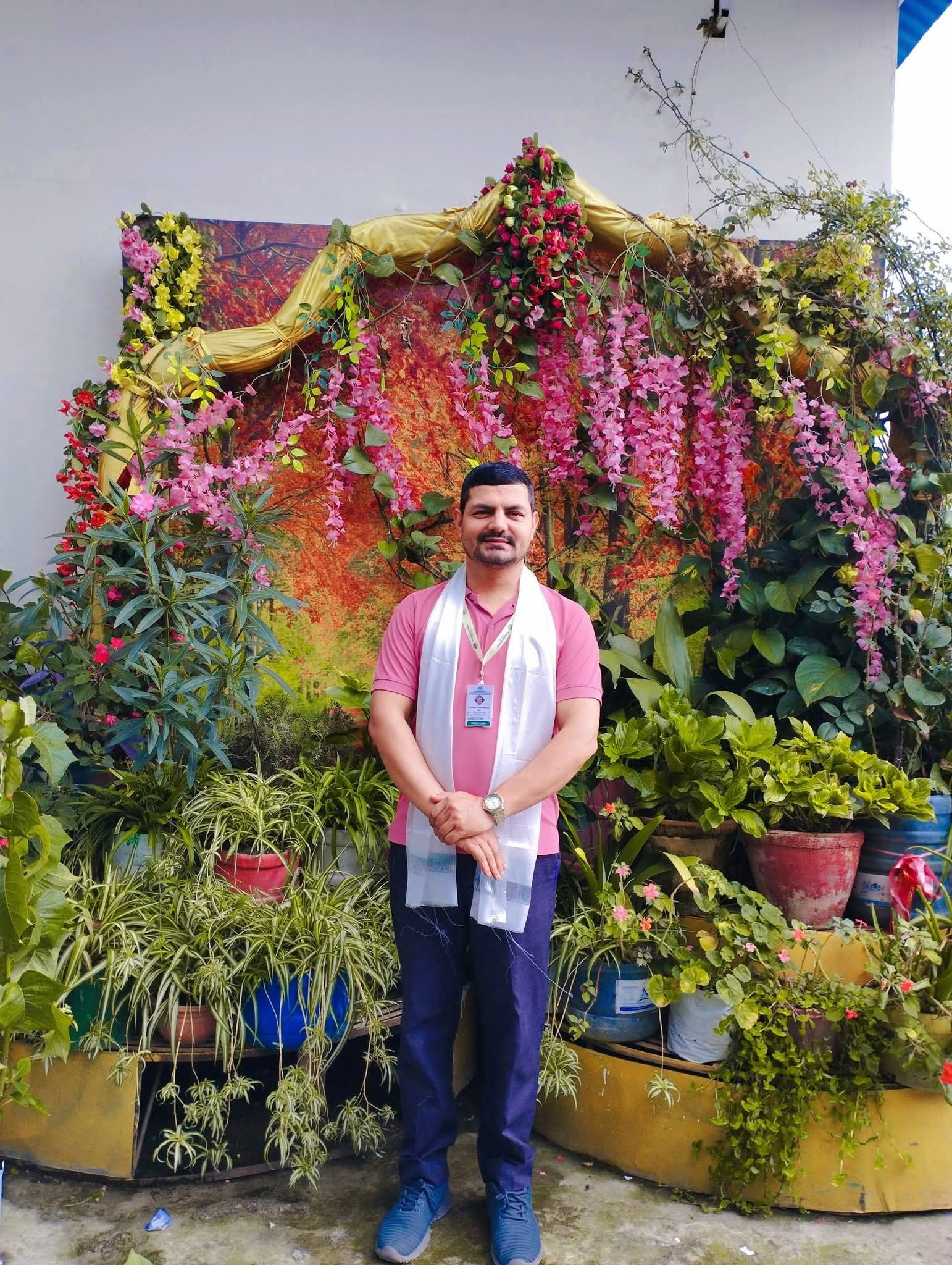Kathmandu, August 9, 2025 - The International Day of the World’s Indigenous Peoples is being marked globally today, focusing attention on the rights, knowledge, and cultural heritage of more than 476 million Indigenous people across 90 countries. Proclaimed by the United Nations in 1994, the day commemorates the first meeting of the UN Working Group on Indigenous Populations held on August 9, 1982.
This year’s observance carries renewed urgency as climate change, land encroachment, and economic pressures continue to threaten Indigenous communities. Many remain custodians of the planet’s richest biodiversity, yet they are disproportionately affected by environmental degradation and the loss of traditional lands.
In Nepal, home to 59 officially recognized Indigenous nationalities (Adivasi Janajati), the day resonates deeply. From the Tharu in the Terai to the Sherpa in the high Himalayas, these communities safeguard centuries-old languages, cultural practices, and ecological knowledge. Their traditional systems of land management and water conservation are increasingly recognized as vital to climate resilience and sustainable development.
Indigenous leaders and rights advocates in Nepal have called for stronger legal protections for ancestral territories, meaningful inclusion in national climate policies, and the promotion of Indigenous languages in education systems. They warn that without immediate action, not only will these unique cultures and traditions be lost, but the environmental balance they help maintain will also be at risk.
Globally, the UN is urging governments and civil society to partner with Indigenous communities, acknowledging that their lived experience and cultural wisdom are essential in addressing today’s interconnected challenges of biodiversity loss, climate change, and social inequality.
As the world celebrates Indigenous Peoples’ Day, the message is clear: safeguarding Indigenous rights is inseparable from safeguarding the planet’s future.